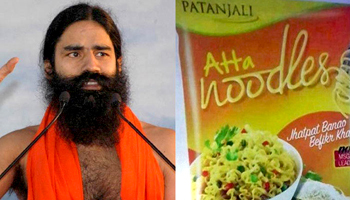New Delhi, Mar 12: A PIL was moved in the Delhi High Court on Thursday seeking directions to the Centre to take appropriate steps for stopping religious conversion of socially and economically downtrodden people, particularly of the Scheduled Caste/Scheduled Tribe community.
The plea claims that the government has done nothing to stop religious conversions.
The plea is listed before a bench of Chief Justice D N Patel and Justice C Hari Shankar on Friday.
The petition, by BJP leader and lawyer Ashwini Kumar Upadhyay, alleges that many individuals, NGOs and institutions are converting downtrodden persons by "intimidating, threatening, luring by monetary benefits and by other acts, including miracle healing, black magic and more".
"Many individuals/organizations have started conversions of SC/STs in rural areas and the situation is very alarming. The mass religious conversion of the socially economically downtrodden men, women and children, and, in particular of the scheduled caste and scheduled tribe community, is on the rise in the last 20 years," the petition claims.
It further claims as per the 2011 census, Hindus constitute 79 per cent of the population down from 86 per cent in 2001 and if no action is taken "Hindus will become minority in India".
Upadhyay suggested enacting of a law to prevent conversions by force or deceit and to award jail term for any violation.
"Additionally, the State may empower the National Human Rights Commission to deal with the affairs of religious groups and analyse religious discrimination among them," he suggests.
Apart from seeking steps to prevent religious conversions by force, threats or deceit, the petition also wants directions prohibiting religious gatherings "intended to mislead people by making false and untenable claims" to lure ignorant masses to join a particular faith or religious group.






Comments
how standard can make out from his own pic.
Below Standard products of below standard person , Wa Kya Bath Hey!
Ban all his products
UGLY MAN , UGLY PRODUCTS....!
he is a dirtiest person, how his product became a pure its logic. taurine person........
Guyz, just look at him. How do u expect quality standards from him?
Anyway good luck Sanghis, you are unclean anyway, now u can grow more unclean and unhealthy... Jai #MoNa
They are using cow urine in to it....substandard....
Low standard man will obviously have low standard products.
Add new comment